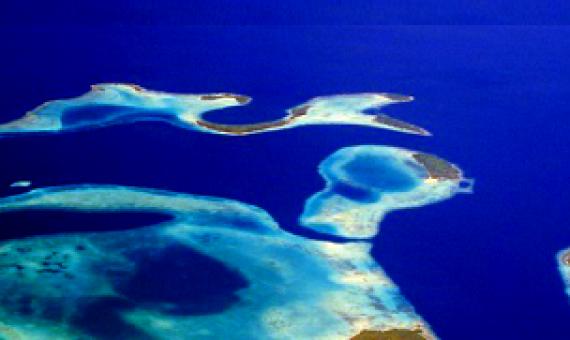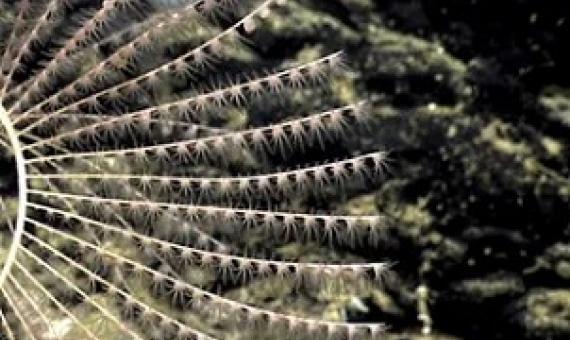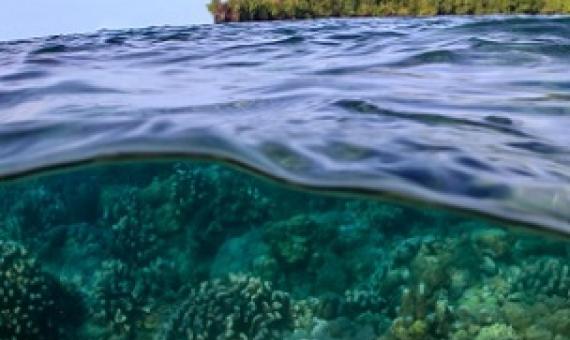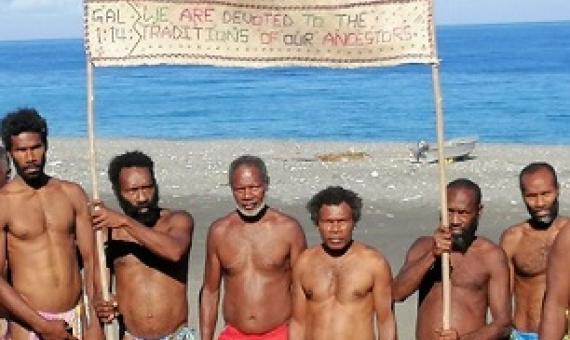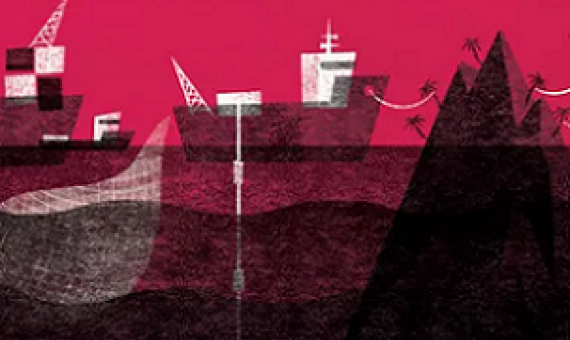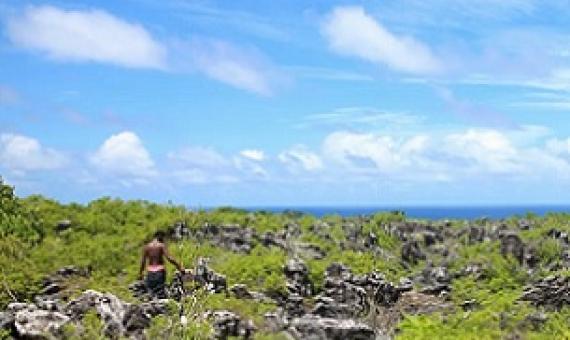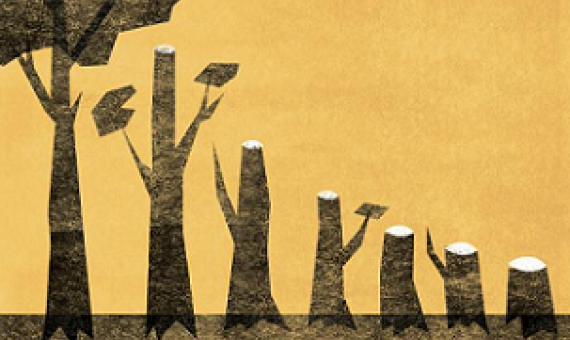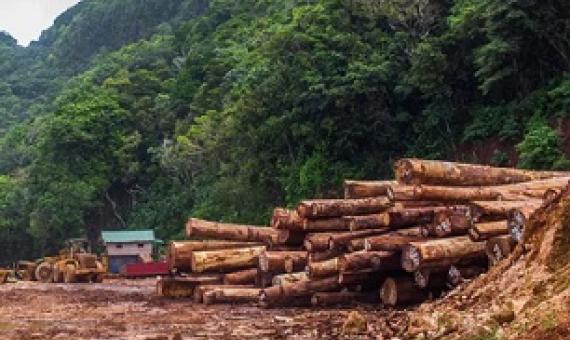Plundering the Pacific for its rich natural resources has a long pedigree...There are worrying signs history may be about to repeat, as global demand soars for minerals critical to the clean energy transition.
With the growth of the ‘blue economy’, the UN must act decisively to protect our shared seas – or industry will decide their fate for us...The ocean is often seen as the last wild frontier: a vast and empty blue wilderness where waves, whales and albatrosses rule. This is no longer true.
New Guinea is one of the most biodiverse regions on the planet.
Chiefs and traditional authorities of Western Santo have successfully concluded a Custom and Conservation Festival this month...With custom stories, dancing, music, cooking, slow food, agriculture, hunting, handicraft, and tabu histories, the Festival, hosted by Elia community, was the first ever
Over the last month, the Guardian has run a major investigative series examining the extractives industries... in the Pacific.
The Kiribati island survived droughts due to sacred caves that captured rainfall but rampant phosphate extraction ruined this precious resource...The last decent rain on Banaba was more than a year ago.
Millions of tonnes of minerals, fish and timber are extracted from Pacific island nations each year, generating massive profits for foreign multinationals.
There is perhaps nowhere in the Pacific where the costs of extractive industries are as heartbreakingly clear as Rennell Island. The island, a tiny dot in the vast South Pacific that lies at the southern tip of Solomon Islands, is home to a few thousand people. And it’s starkly divided.

